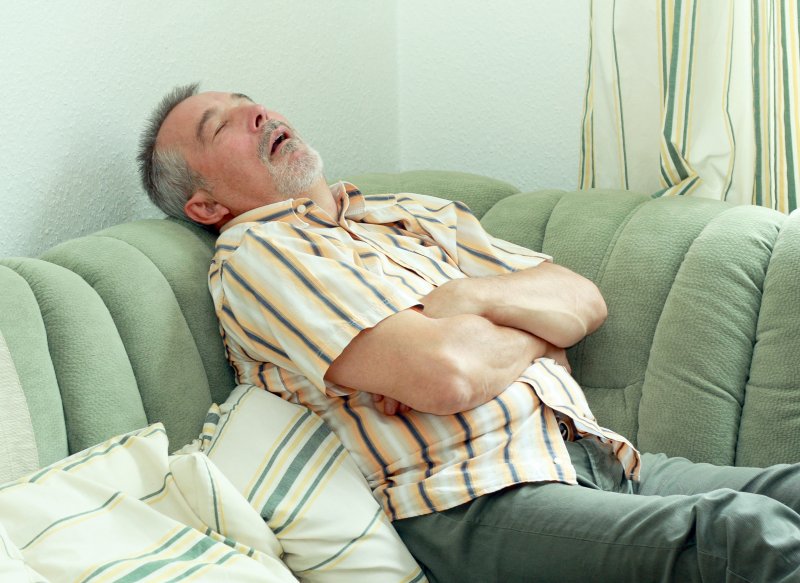I Have a Sleep Disorder — Is It Okay to Take a Nap?
November 30, 2020
There is research to suggest that napping is a good practice. It can help you get through an afternoon slump and give you a much-needed energy boost. Those benefits might be especially appealing during the time of COVID-19, when all the days might seem to blend together. However, if you have recently completed sleep testing in Melbourne and learned that you have a sleep disorder, you may want to think twice before you snuggle up on the sofa for your afternoon snooze. Let’s discuss why that is the case.
Napping and Insomnia
Insomnia is characterized by difficulty falling asleep and/or staying asleep. It may leave you feeling utterly exhausted, so you might want to grab some shuteye whenever you can — even if it is the middle of the day.
However, keep in mind that even a short nap could exacerbate your insomnia by making you less tired at bedtime. Napping could even begin a cycle of nighttime wakefulness and daytime sleep. Unless you have a large degree of freedom in arranging your daily routine, such a cycle could seriously interfere with your normal activities.
Napping and Sleep Apnea
If you have been diagnosed with obstructive sleep apnea (OSA), you may use a CPAP machine or oral appliance as your primary snoring treatment in Melbourne. When you hit a midday slump, it could be all too easy to reason, “I’m not going to sleep for long. I don’t have to use my OSA device.” As a result, you may stop breathing several times during your nap and deprive your body of the oxygen it needs to function at its best. Your daytime sleep could also make it more difficult for you to fall asleep at night and make it more challenging for you to adjust to your CPAP or oral appliance.
If you have sleep apnea and choose to take a nap, be sure to use your oral appliance or CPAP. Complying with your treatment should be a natural part of your routine anytime you decide to sleep. Also, try not to sleep for more than 20 – 30 minutes. Shorter naps do not allow you to enter the deeper phases of sleep and can prevent post-nap grogginess.
What to Do Instead of Napping
If you need an afternoon pick me up and want to avoid a nap, try doing some light exercise instead. A walk outside in the sun can be refreshing, and your body’s movement can stimulate blood flow and help you feel more awake. You can also enjoy a wholesome snack that contains protein and complex carbohydrates (as opposed to simple carbohydrates like sugar). Do not drink a caffeinated beverage because that could interfere with your nighttime sleep.
Napping can be beneficial — but only for some people. If you have a sleep disorder, it’s best to skip your afternoon snooze.
About the Author
Dr. Kenneth Mogell is a Diplomate of the American Board of Dental Sleep Medicine. He focuses on providing oral appliance therapy to help patients conquer obstructive sleep apnea. If you would like to speak to him about how you can effectively combat OSA, contact our team at 321-313-5350.
